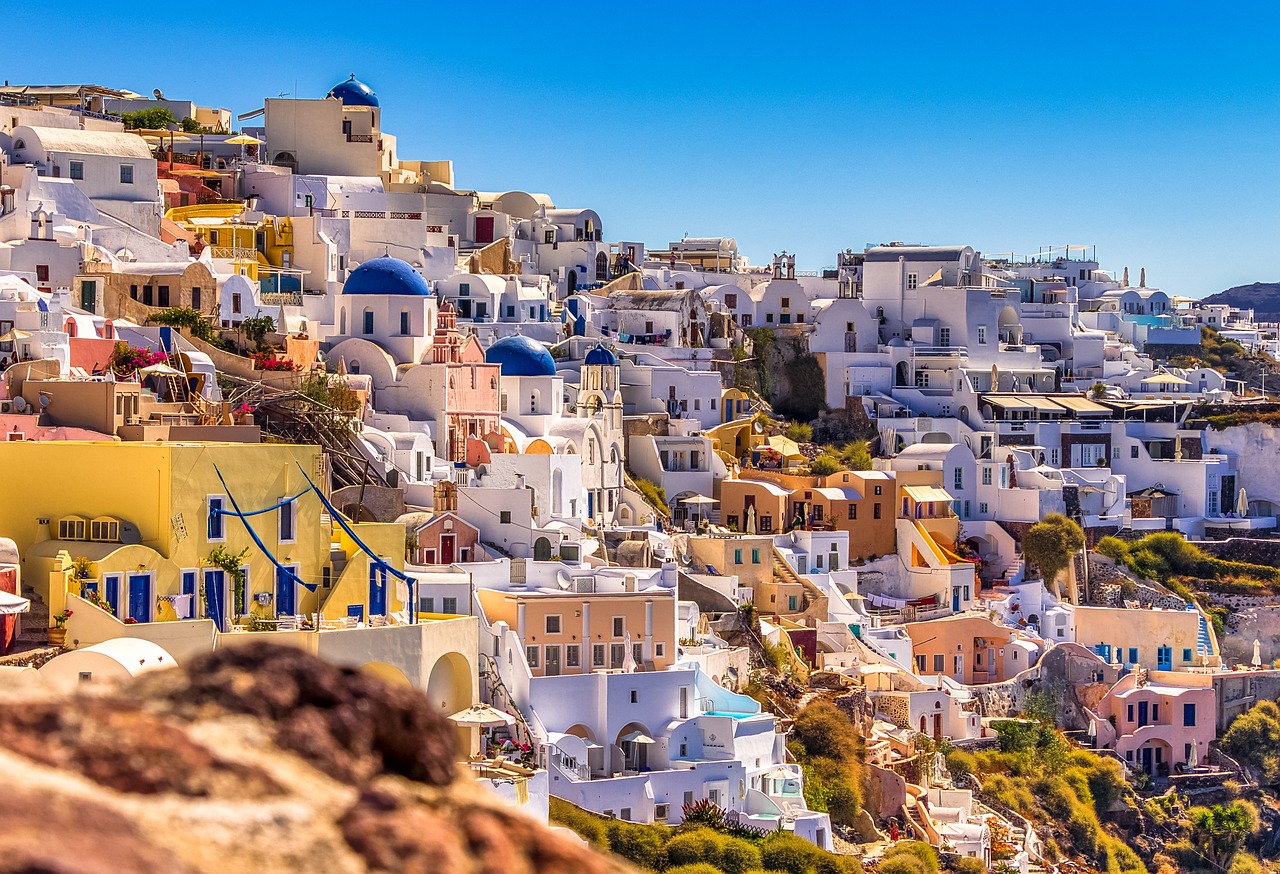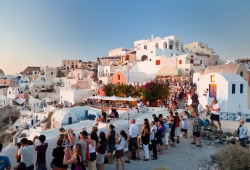How Greece Developed Through the Years in Tourism
Greece is a country that has been attracting tourists for centuries. From the ancient ruins of Athens to the stunning beaches of the Greek islands, Greece has something to offer every type of traveler. Over the years, Greece has developed its tourism industry to cater to the needs of visitors from all over the world. In this article, we will explore how Greek tourism has evolved over time.
The Early Years of Greek Tourism
The history of tourism in Greece can be traced back to the 19th century when wealthy Europeans began to visit the country on what was known as the "Grand Tour." These travelers were primarily interested in visiting the ancient ruins of Athens and other historical sites. At this time, there were very few hotels in Greece, and visitors would often stay in private homes or small inns.
In the early 20th century, Greece began to develop its tourism industry further. The government recognized the potential economic benefits of tourism and began to invest in infrastructure such as roads, airports, and hotels. The first luxury hotels were built in Athens and on the island of Corfu, which became popular destinations for wealthy travelers.
The Rise of Mass Tourism
In the 1960s and 1970s, Greece experienced a boom in tourism as mass travel became more accessible and affordable. The government continued to invest in infrastructure, and new hotels and resorts were built to accommodate the growing number of visitors. The Greek islands, with their beautiful beaches and clear waters, became particularly popular among tourists.
During this period, tourism became a significant contributor to the Greek economy. The industry created jobs and brought in foreign currency, helping to boost the country's overall economic growth. However, there were also negative consequences of mass tourism, such as environmental degradation and overcrowding in popular tourist destinations.
The Modern Era of Greek Tourism
In recent years, Greece has been working to develop a more sustainable tourism industry. The government has implemented policies to protect the environment and promote responsible tourism practices. There has also been a focus on promoting lesser-known destinations in Greece, such as the Peloponnese region and the northern part of the country.
One of the most significant developments in Greek tourism in recent years has been the rise of alternative forms of tourism. This includes ecotourism, cultural tourism, and adventure tourism. Visitors can now explore Greece's natural beauty through hiking and cycling tours, or learn about the country's rich history and culture through guided tours of archaeological sites and museums.
Another trend in modern Greek tourism is the rise of luxury travel. Greece has always been known for its high-end hotels and resorts, but in recent years, there has been a surge in demand for luxury villas and private yachts. These types of accommodations offer visitors a more exclusive and personalized experience of Greece.
The Future of Greek Tourism
Looking ahead, there are several challenges and opportunities facing the Greek tourism industry. One of the biggest challenges is the ongoing COVID-19 pandemic, which has had a significant impact on travel worldwide. Greece has implemented strict health and safety protocols to protect visitors and locals alike, but it remains to be seen how quickly tourism will recover.
At the same time, there are also opportunities for growth in Greek tourism. The country's natural beauty, rich history, and vibrant culture continue to attract visitors from all over the world. There is also potential for further development of alternative forms of tourism, such as agritourism and wine tourism.
In conclusion, Greek tourism has come a long way since the early days of the Grand Tour. From mass tourism to sustainable tourism, Greece has adapted to changing trends and demands in the industry. As the country looks to the future, it will need to continue to innovate and adapt to remain competitive in the global tourism market.








